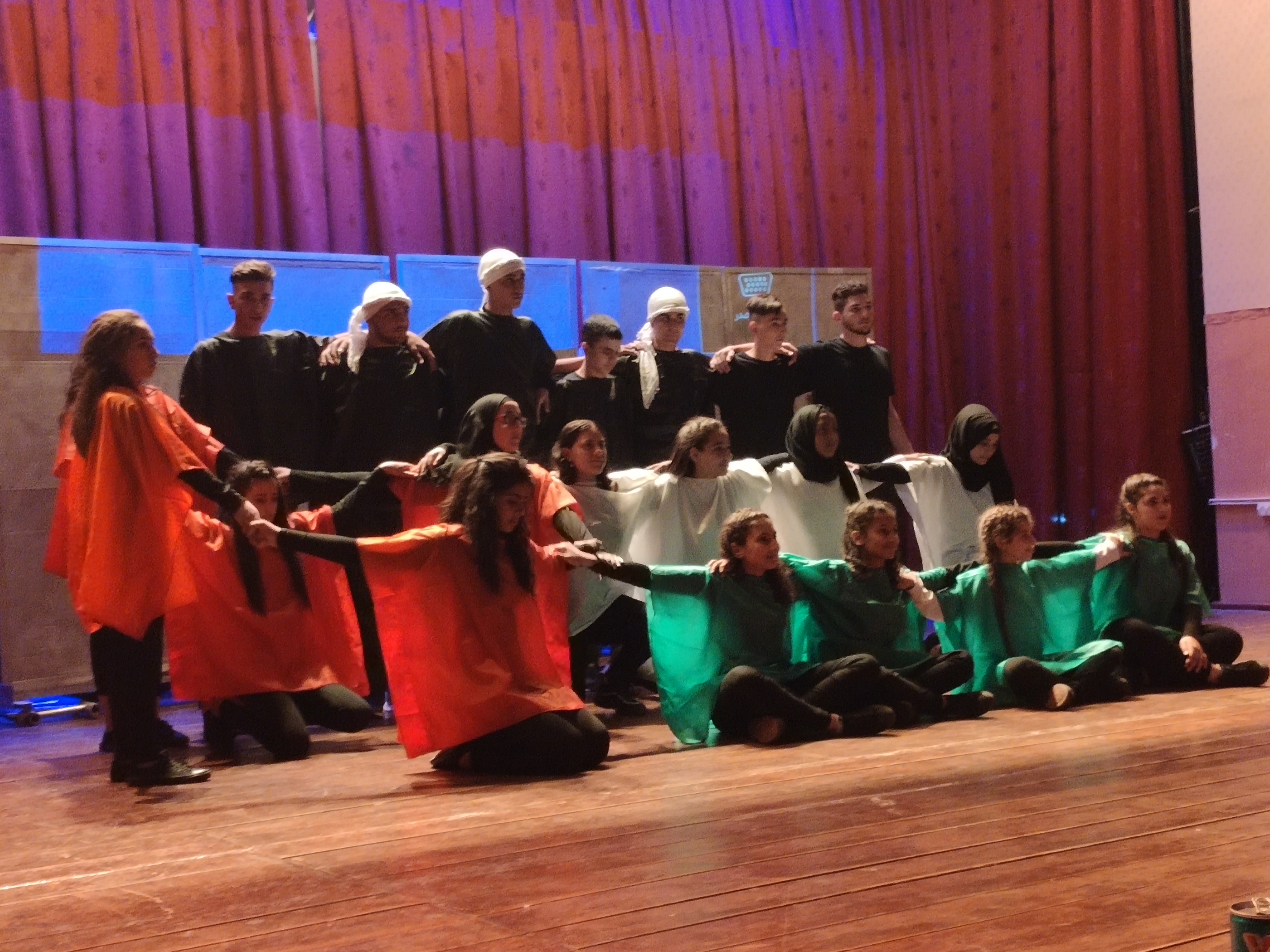Category: Photo Story
-
Telling old stories in a new way: Palestinian dabke
At the first annual Hebron Festival, an event organized by the Hebron Municipality to celebrate the culture and history of Palestinians in Hebron, students from across the West Bank put on a theatrical performance, telling of life and history in Palestine through a play combined with music and dabke.
-
In Pictures: Palestinians murdered under Israeli occupation in 2019.
August 15 | International Solidarity Movement | Occupied Palestine
-
In Pictures: Wadi al-Hummus demolitions, 22 July
July 30 2019 | International Solidarity Movement | Wadi al-Hummus, occupied Palestine


